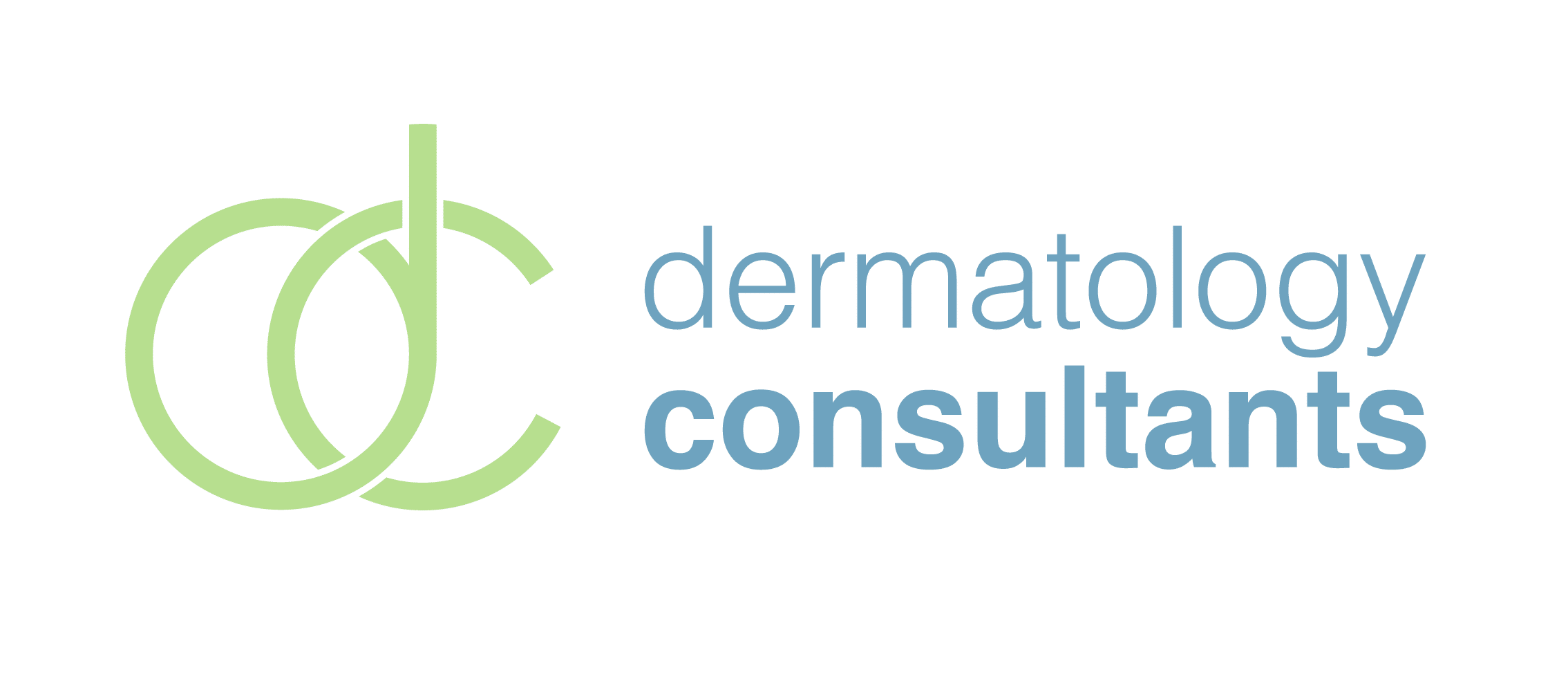Treatment Options for Eczema
Patients who have been diagnosed with eczema are often dealing with a lifelong condition with routine flare-ups. Men and women may find this condition to be somewhat mysterious, as there are times where flare-ups may occur for no rhyme or reason. However, with proper preventative care and immediate treatments when problems develop, most patients can control their skin disorder effectively and reduce flare-ups dramatically over time.
Understanding eczema
Eczema is a condition that can cause an itchy, irritating rash that may become bothersome and impact one’s day-to-day life. This condition is a chronic problem, and cannot be “cured.” Fortunately many patients properly educated on their condition can often reduce the risk of flare-ups with proper maintenance. When flare-ups occur, treatment is recommended to get the patient comfortable again.
What methods are available for treating eczema?
There is no “one size fits all” solution for eczema. The goal of treatment is to control the itching, heal the skin, and prevent infections and flare-ups. With this in mind, patients need to work with a dermatologist to determine the best way to address all these concerns and keep eczema from becoming routinely problematic. Below are just a few of the common ways our team may suggest treating eczema:
- Steroid medications – many hydrocortisone steroids can be used topically on the skin to help relieve itching and redness while reducing inflammation. Some are available over-the-counter, while stronger, medical-grade options are available by prescription only.
- NSAID ointments – another options is that of an anti-ich, non-steroid prescription medication that can be used for the treatment of mild to moderate eczema. This medication has been known to offer dramatic results for patients who were unable to find relief
- Barrier moisturizers – it is essential that patients with eczema moisturize their skin and keep this moisture locked in. This may be achieved with the use of special moisturizers and barrier products that can add moisture where it is needed while locking it in.
- Light therapies – UV and PUVA light therapies are another way for patients to manage their eczema. In fact, patients with more severe cases may find these treatments to be more effective for their condition that topical products alone.
Call Dermatology Consultants of Short Hills today
Men and women in the area of Short Hills, NJ who are considering treatment options for eczema are encouraged to schedule an appointment with one of our providers at Dermatology Consultants of Short Hills. Our team is located at 636 Morris Turnpike, Ste. 2H and can be reached for an appointment at (973) 232-6245.



